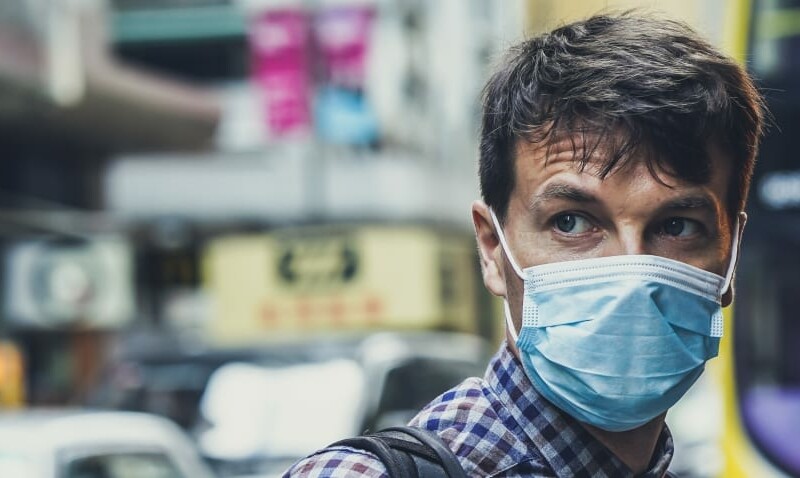On 13 March, the World Travel & Tourism Council (WTTC) published a media release saying that up to 50 million jobs in the travel and tourism industries are at risk due to the Coronavirus.
The World Health Organisation (WHO) classified the COVID-19 virus outbreak as a pandemic on Wednesday 11 March. Travel bans, cancelled or postponed events, and concerns about spreading the disease have all combined to see a significant reduction in both consumer and business travel and tourism around the world.
Gloria Guevara, WTTC President & CEO, said: “WTTC figures show the stark impact on the Travel & Tourism sector of the present COVID-19 outbreak with analysis now suggesting that up to 50 million jobs are at risk in the sector globally.”
“WTTC’s figures indicate that global travel could be adversely impacted by up to 25 per cent in 2020 (or three months of global travel).”
WTTC’s figures indicate that global travel could be adversely impacted by up to 25 per cent in 2020 (or three months of global travel). This could in turn see a 12 to 14% reduction of jobs in this sector.
“Travel & Tourism has the strength to overcome this challenge and will emerge stronger and more robust by taking all necessary measures to tackle COVID-19 and the understandable concern which surrounds it,” says Guevara. “When the time is right, WTTC and the global private sector will be ready to help and support the government and countries to recover”
Some of the measures WTTC would like to see taken once COVID-19 is under control include:
- Improve travel facilitation: Remove or simplify visas wherever possible, reduce the cost, improve processing times where practical, accept other visas when appropriate and introduce more efficient technologies for seamless and secure travel.
- Remove barriers: Ensure that unnecessary barriers are removed or relaxed to alleviate pressure at ports and airports, including temporarily lifting of the 80-20 slot policy rule, ports assignments and implement flexible working visa for the industry in some countries with existing limitations, especially in hospitality and tour operation.
- Ease fiscal policies: Reduce and remove travellers’ taxes which increases the cost of travel, e.g. Air Passenger Duty and similar airport, port and hospitality taxes around the world.
- Introduce incentives: Introduce relief and incentives to support business continuity for companies which have been most negatively impacted by the virus. SMEs in particular will take longer to recover.
- Support destinations: Increase budgets and assign resources for promotion, marketing and product development purposes in destinations when they are ready to welcome visitors again.







